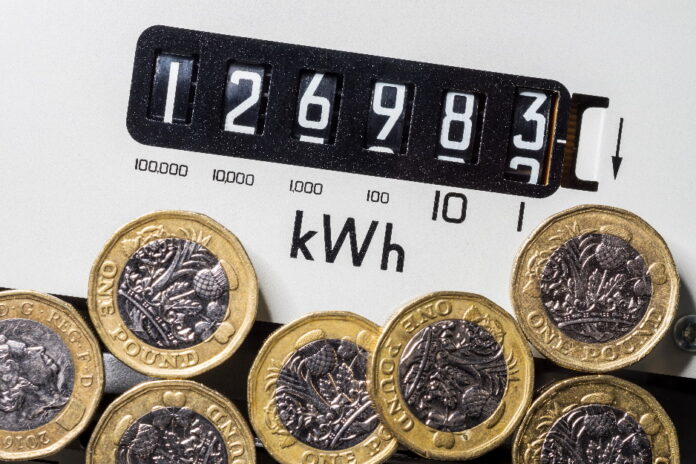New support for households, businesses and public sector organisations facing rising energy bills has been unveiled by Business Secretary Jacob Rees-Mogg this morning
Through a new Government Energy Bill Relief Scheme, the Government will provide a discount on wholesale gas and electricity prices for all non-domestic customers (including all UK businesses, the voluntary sector like charities and the public sector such as schools and hospitals) whose current gas and electricity prices have been significantly inflated in light of global energy prices.
The support will be equivalent to the Energy Price Guarantee put in place for households.
It will apply to fixed contracts agreed on or after 1 April 2022, as well as to deemed, variable and flexible tariffs and contracts. It will apply to energy usage from 1 October 2022 to 31 March 2023, running for an initial six-month period for all non-domestic energy users.
The savings will be first seen in October bills, which are typically received in November.
As with the Energy Price Guarantee for households, customers do not need to take action or apply to the scheme to access the support. Support (in the form of a p/kWh discount) will automatically be applied to bills says the Government
To administer support, the Government has set a Supported Wholesale Price – expected to be £211 per MWh for electricity and £75 per MWh for gas, less than half the wholesale prices anticipated this winter – which is a discounted price per unit of gas and electricity. This is equivalent to the wholesale element of the Energy Price Guarantee for households. It includes the removal of green levies paid by non-domestic customers who receive support under the scheme.
The scheme will be replaced with a targeted system focused on the most vulnerable industries after six months
Commenting on the release of further details about the Government’s energy support plan for business, Chris Fletcher, Policy & Campaigns Director at Greater Manchester Chamber of Commerce, said:
“On the face of it the Government’s statement today giving further details on the previously announced support for business with their energy bills is to be welcomed. Many businesses wanted certainty and stabilised prices as a first step in addressing what for many remains a considerable challenge. Government today have delivered that but concerns still remain that whilst domestic users have that certainty for two years, businesses have just six months, though there is a review in three months time to assess the effectiveness of the plan. This does give government some wriggle room to adjust the scheme further if required with some expectation this will be needed.
“Whilst the immediate pressing crisis around energy costs has been tackled in part by today’s news all eyes now turn to what the Chancellor announces on Friday with his mini-fiscal statement that is expected to outline tax cuts and give some indication of what plans this government has for economic growth.
“On the back of today’s announcement Friday’s statement should help with getting some idea about future policy direction at a time when many businesses are facing challenges on a huge scale not just with energy prices but skills issues, recruitment problems, slowing demand, a range of supply chain challenges and increasing overheads. These are serious issues and demand a serious response, not just tinkering with tax rates designed to please a section of voters. We hope the Chancellor recognises this and delivers a bold, realistic and effective plan.”
Matthew Fell, CBI Chief Policy Director, said:
“We welcome government’s quick and decisive action to provide hard-pressed businesses with a substantial short-term fix to a long-term problem.
“The package will ease worries about otherwise viable businesses shutting-up shop and smaller companies especially will benefit from the discounted rate.
“Businesses will also want to know more about the exit strategy and what happens when the six-month cap runs out. Working closely with business will be key to successful implementation.
“The long-run solution is to double-down on energy security and to incentivise firms to push ahead with ambitious energy efficiency programmes to lower demand.”







